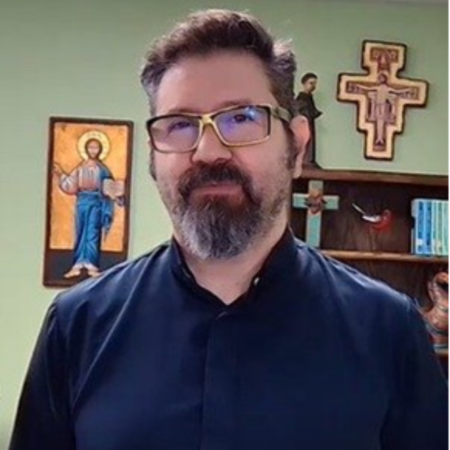Our Sunday gospel notes Jesus’ neighbors’ reaction after they heard him preach: “But isn’t he the carpenter, the brother of James, Joses, Judas, and Simon?” A few pages earlier, the group of relatives mentioned by the neighbors went down to Capernaum to bring home “the eccentric cousin” because they said he’d gone mad.
And now in Nazareth, where they all know each other, where they know everything about everyone (the childhood taunts linger till death), people are amazed at speeches they have never heard, at words that seem to come not from holy scripture, as heard in the synagogue, and perhaps not even from the image of God they had: His words are like wisdom and divine music; where on earth does he get these things from?
They take offense at him because he is too familiar yet dramatically heavenly in his beautiful speech on Scripture; now, they think deflating the too-familiar Jesus is the best option.
The old religion, with a mighty, remote God, does not recognize itself in Jesus because of how he presents God—a God who gives grace to every child, spreads mercy unconditionally, and makes all things new.
And Jesus, away from lofty, “religious” language, uses seeds, treasures, and seasons, which then become characters revealing God is close and caring in the ordinariness of every home; the household God, the God that speaks the language of your heart and soul.
With Jesus, God has visited his people, and a healing embrace is what we need.

